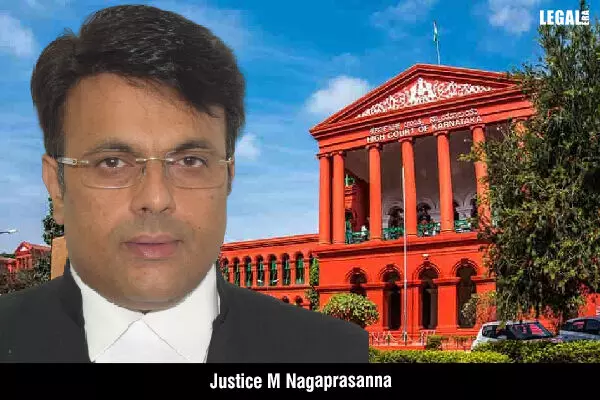
Karnataka High Court Rules Against Petitions On Partnership Firms And Directors Under Section 95 Of IBC
In a key legal pronouncement, the Karnataka High Court has clarified that petitions against partnership firms or their directors are not maintainable under Section 95 of the Insolvency and Bankruptcy Code (IBC), 2016 before the National Company Law Tribunal (NCLT).
The case revolved around petitions submitted by a company and its directors contesting the implementation of Section 95 of the IBC at the NCLT. It stemmed from a Joint Development Agreement between the company and another entity, sparking arbitration proceedings initiated by both sides.
The company, however, opted to issue a notice under Section 95 of the IBC. This move prompted the firm to contest the jurisdiction of the NCLT over non-corporate debtors. The firm’s argument centred on the fact that the IBC did not cover insolvency resolution for individuals or partnership firms.
On the other hand, the company asserted that the firm’s conduct effectively equated its directors to personal guarantors, justifying NCLT jurisdiction.
Both sides presented their arguments regarding the jurisdiction of the Tribunal. The firm sought the dismissal of the petition and the continuation of arbitration proceedings. The fundamental question before the court was: “Is a petition against a partnership firm or its directors fileable and maintainable under Section 95 of the IBC before the NCLT?”
Justice M Nagaprasanna, presiding over the bench, observed that the maintainability of the petition before the tribunal was crucial. The Court held that IBC does not permit the acceptance of a petition by a tribunal that lacks jurisdiction. The mere act of filing by the tribunal, in such a scenario, would be contrary to law.
The immediate consequence of filing a petition under Sections 94 or 95 of IBC is the activation of Section 96 of the Code. Interim moratorium becomes automatic upon filing, effectively placing any corporate debtor in a state of stillness. Furthermore, Section 96(2) mandates that when an application is made under Section 95, it operates against all partners of the firm as of the application date.
Another significant outcome of registering a petition is the appointment of a Resolution Professional.
The Court clarified the boundaries of jurisdiction when it comes to partnership firms and directors under Section 95 of the IBC and quashed the proceedings before the NCLT.